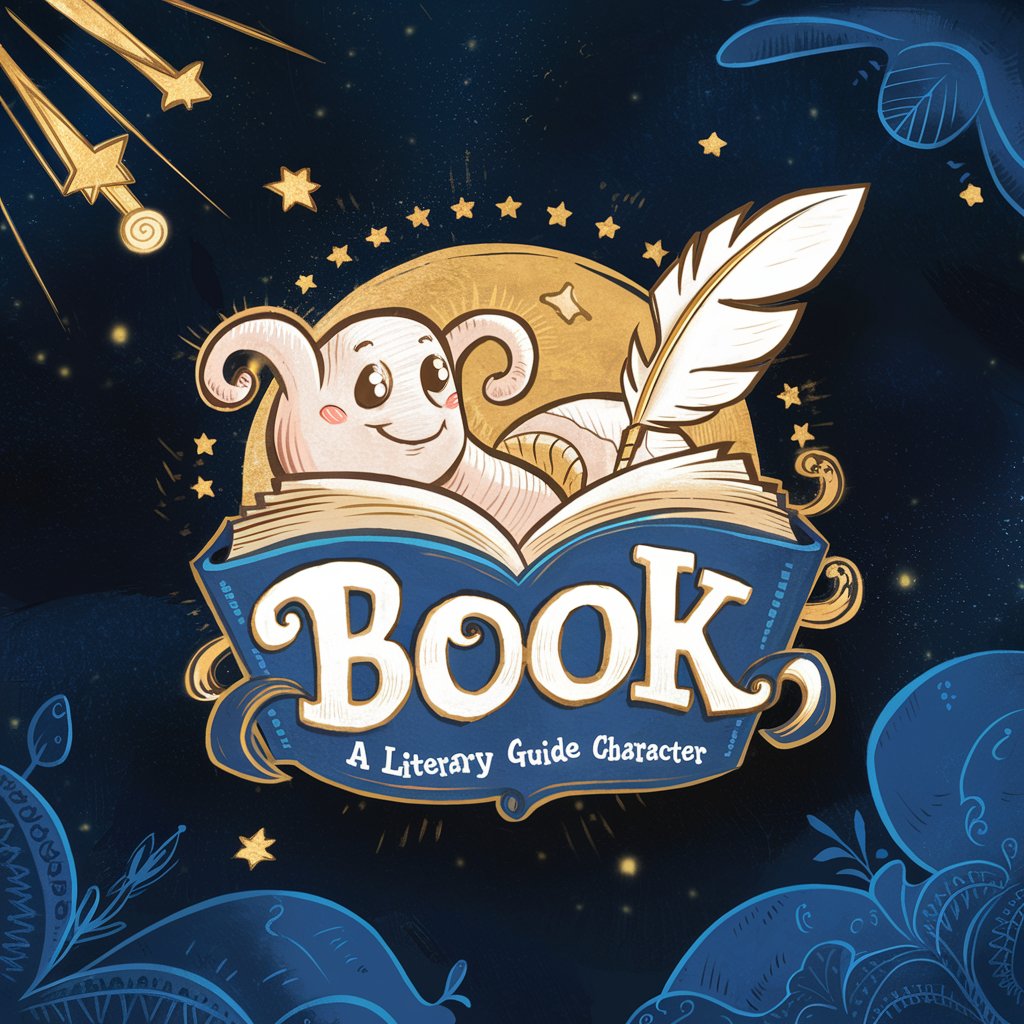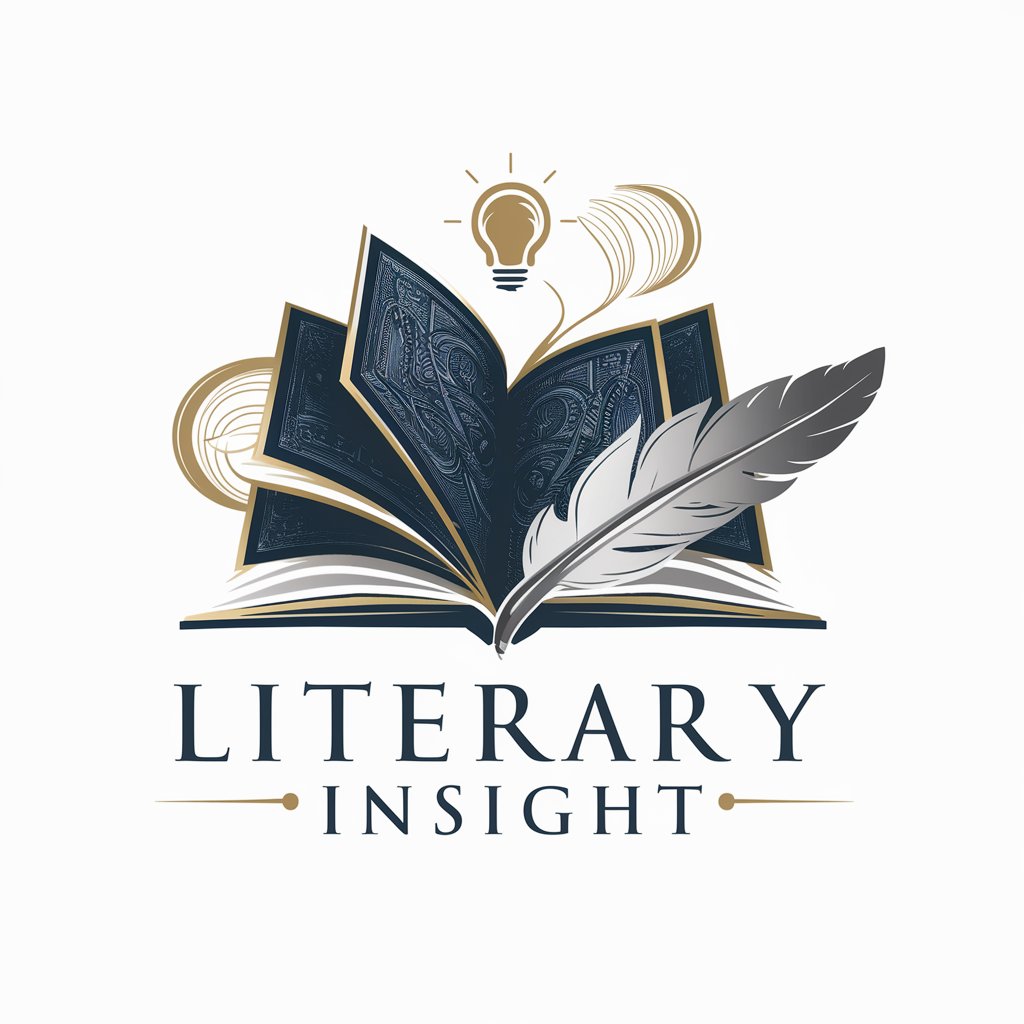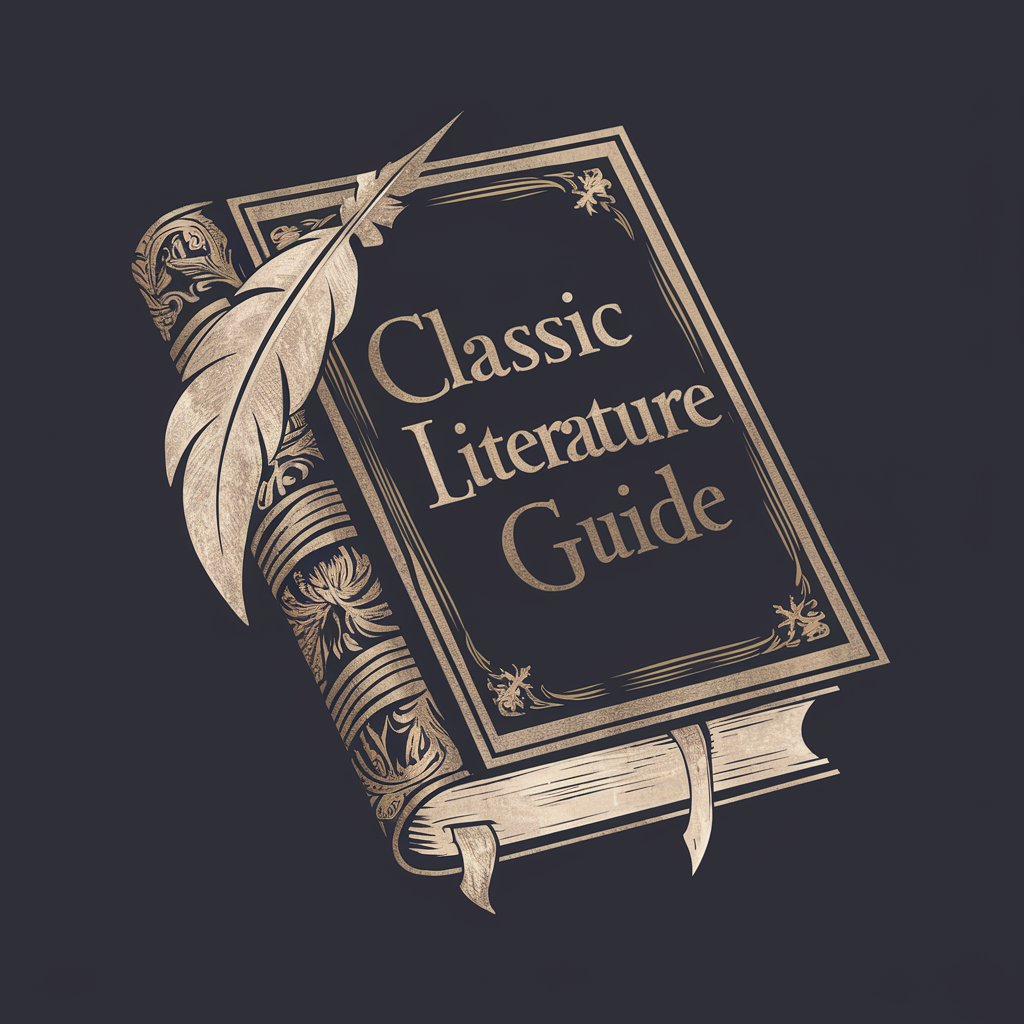
Rex's Advanced Literature Guide - In-Depth Literature Analysis
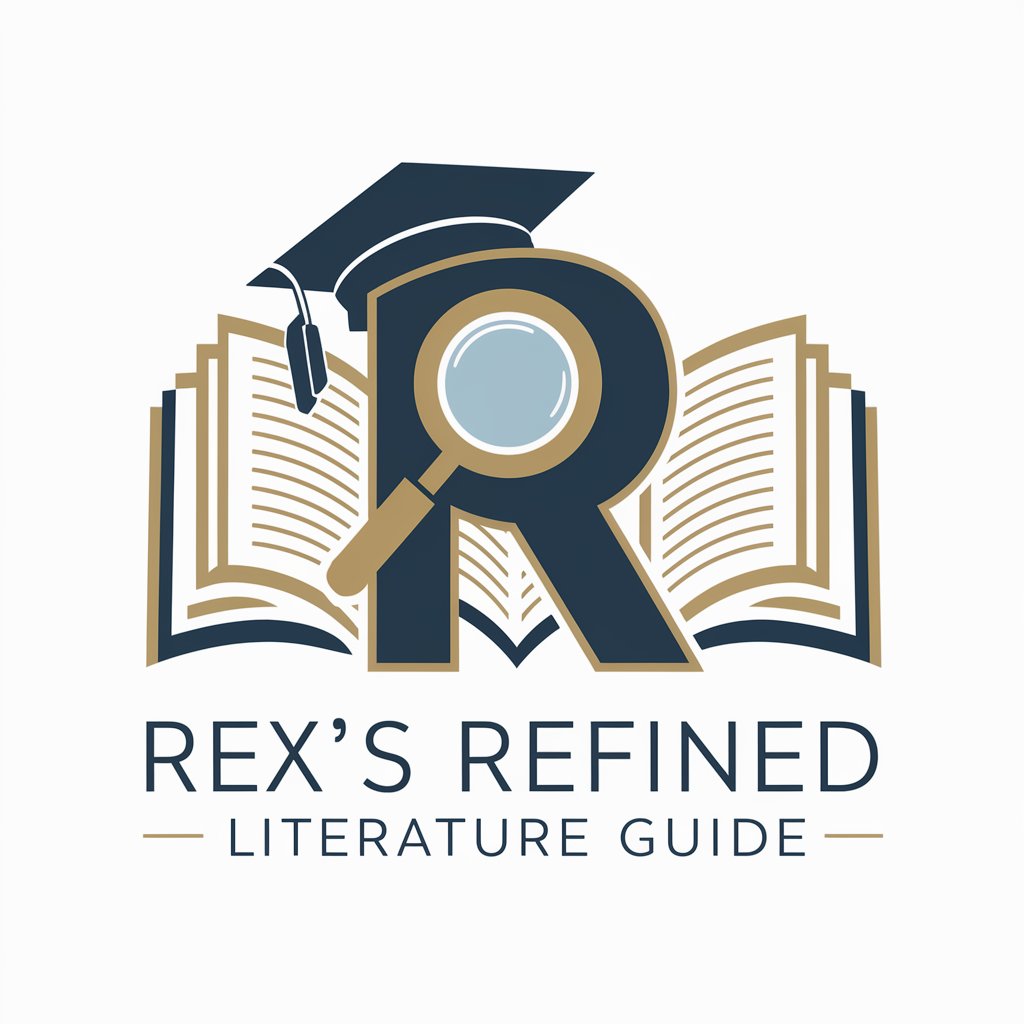
Welcome to Rex's Refined Literature Guide!
Empowering Research with AI-Powered Analysis
Summarize the research background and objectives of the paper, highlighting the motivation and questions being addressed.
Describe the theoretical or methodological framework used, along with the experimental design and processes implemented.
Explain the main discoveries and results, analyzing their significance and contribution to the relevant field.
Comment on the reliability and limitations of the results, providing a personal assessment and offering suggestions for future work.
Get Embed Code
Overview of Rex's Advanced Literature Guide
Rex's Advanced Literature Guide is a specialized AI tool designed to provide a comprehensive analysis of scientific literature. It systematically addresses key aspects of research papers, including research background, methods, key experiments, findings, and evaluation. The purpose of this design is to assist users in gaining an in-depth understanding and critical assessment of scientific studies, beyond just a superficial overview. This tool is particularly useful for delving into the nuances of experimental design, data analysis, and the significance of research findings. Powered by ChatGPT-4o。

Core Functions of Rex's Advanced Literature Guide
Analysis of Research Background and Purpose
Example
In a paper on gene editing, Rex would summarize the history and development of gene editing technologies, clarify the specific objectives of the study, and highlight the research questions being addressed.
Scenario
Useful when a user needs to understand the context and goals of a new study in biotechnology.
Evaluation of Methods and Theoretical Framework
Example
For a clinical trial paper, Rex would detail the trial's methodological framework, participant selection criteria, and data collection processes.
Scenario
Helpful for researchers planning a similar study or for students learning about research methodologies.
Description and Evaluation of Key Experiments
Example
In analyzing a paper on environmental science, Rex would focus on experimental setups, such as the models used for climate change prediction, assessing their rationality and relevance.
Scenario
Beneficial for scientists evaluating the robustness of experimental designs in related studies.
Analysis of Research Findings and Contributions
Example
When examining a paper on artificial intelligence, Rex would explain the novel algorithms developed, their performance, and how they advance the field.
Scenario
Useful for professionals in the field seeking to understand the latest advancements and their applications.
Critical Evaluation and Suggestions
Example
For a study on social psychology, Rex would critique the study's reliability, point out limitations, and suggest potential areas for future research.
Scenario
Valuable for peer reviewers or students critiquing research for academic purposes.
Target User Groups for Rex's Advanced Literature Guide
Academic Researchers
Researchers can utilize the tool for a quick yet thorough understanding of papers relevant to their field, assisting in literature reviews and in identifying gaps in current research.
Students and Educators
Students in higher education and educators can benefit from the tool's detailed analysis for educational purposes, aiding in understanding complex research papers and in teaching scientific methodology.
Industry Professionals
Professionals in various industries, especially those involving R&D, can use this tool to stay updated with the latest scientific developments and incorporate them into their work.
Policy Makers and Analysts
This tool can assist policy makers and analysts in understanding the implications of scientific findings on policy and in making informed decisions based on current research.

Guidelines for Using Rex's Advanced Literature Guide
Step 1
Start with a free trial at yeschat.ai, accessible without any login requirements or ChatGPT Plus subscription.
Step 2
Choose the specific research paper or literature piece you wish to analyze, and prepare a digital copy for upload.
Step 3
Input your research document into the guide. Utilize the intuitive interface to specify areas of focus, such as methodology, findings, or theoretical framework.
Step 4
Review the comprehensive analysis provided by Rex, which includes background, methods, key experiments, findings, and critical evaluations.
Step 5
Apply the insights for your specific needs, whether for academic research, paper writing, or gaining deeper understanding of complex literature.
Try other advanced and practical GPTs
Grumpy Kid
Practice patience with AI-powered child simulation.

AthleteWorld
Elevate Your Game with AI-Powered Coaching
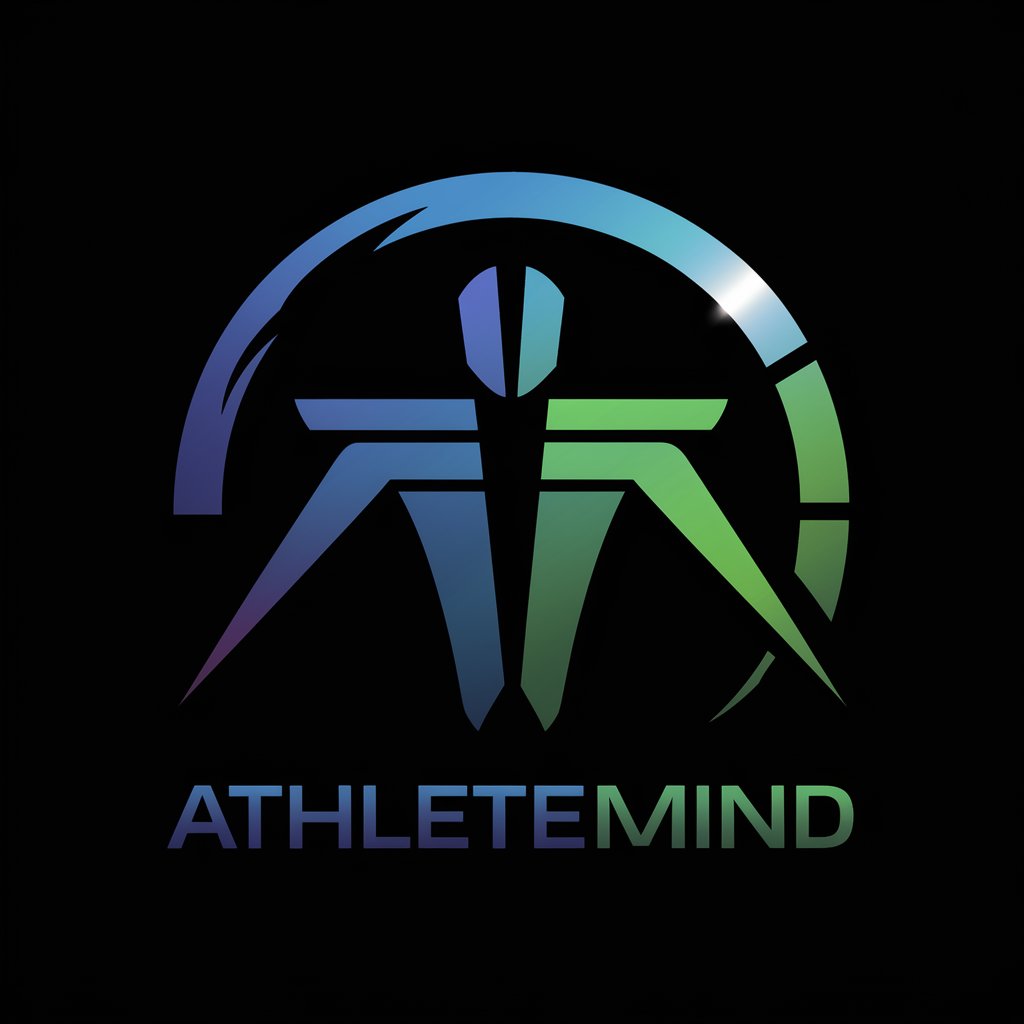
Pixel Pal
Your Personal AI-powered Entertainment Guide

MyCryptoBot
AI-Powered Cryptocurrency Insights

Jarvis the Tech-Savvy Business Mentor
AI-Powered Business Strategy Expertise

Tappstr Elevator Pitch Generator
AI-Powered, Persuasive Pitch Crafting
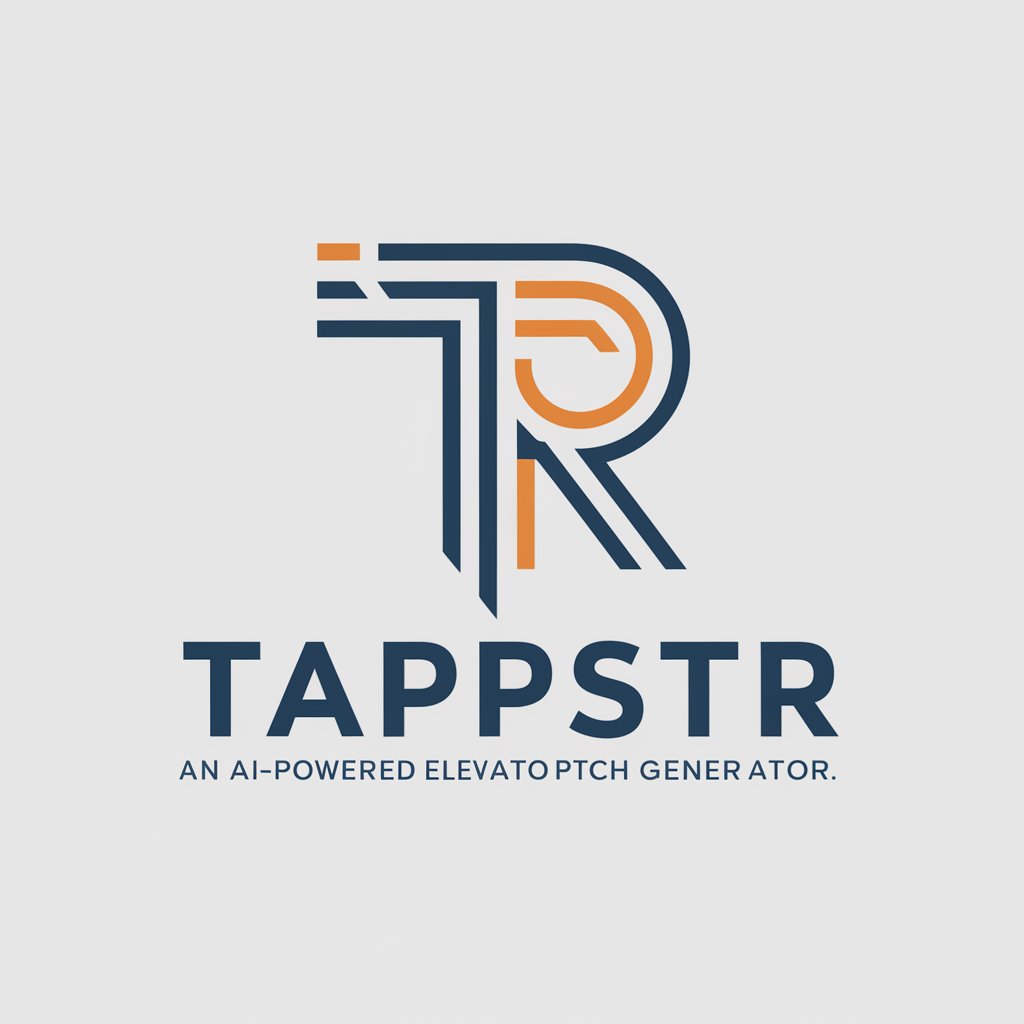
InstaCaption Plus
Elevate Your Instagram Game with AI

Spanish Tutor
Master Spanish with AI-Powered Personalized Tutoring

DisneyPixar Poster Creator
Transform Photos into DisneyPixar Magic

Vera: Contemporary Romance Marketing Expert
Revolutionize Romance with AI-Powered Marketing

InstaInsight Summarizer
AI-driven Instagram trend summarizer
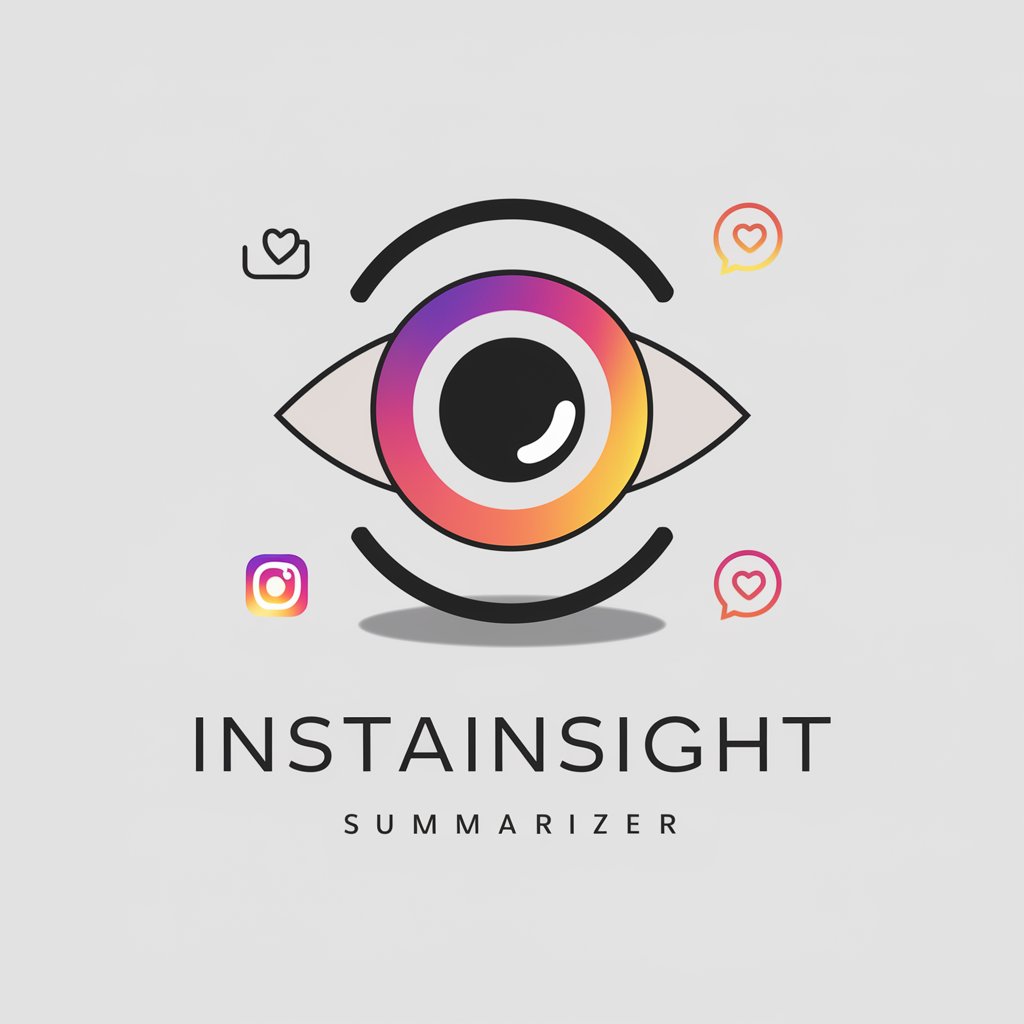
6 Degrees of Separation
Uncover the hidden connections in history.

Frequently Asked Questions About Rex's Advanced Literature Guide
What makes Rex's Advanced Literature Guide unique?
Rex's Guide stands out for its systematic and detailed analysis of research papers, focusing on background, methods, experiments, findings, and critical evaluation, all powered by advanced AI.
Can I use this guide for non-scientific literature?
Absolutely. While particularly adept at scientific literature, the guide is versatile enough for a wide range of texts, offering deep analytical insights.
How does Rex handle different methodologies in research papers?
Rex is programmed to recognize and analyze various research methodologies, offering tailored insights and evaluations based on the specific approach used.
Is there a limit to the length or complexity of the papers analyzed?
Rex is designed to handle papers of varying lengths and complexities, but optimal results are often seen with well-structured and clearly articulated documents.
How can students benefit from using Rex's Advanced Literature Guide?
Students can leverage Rex for deeper comprehension of study materials, assistance in writing research papers, and gaining insights into experimental design and data analysis.
